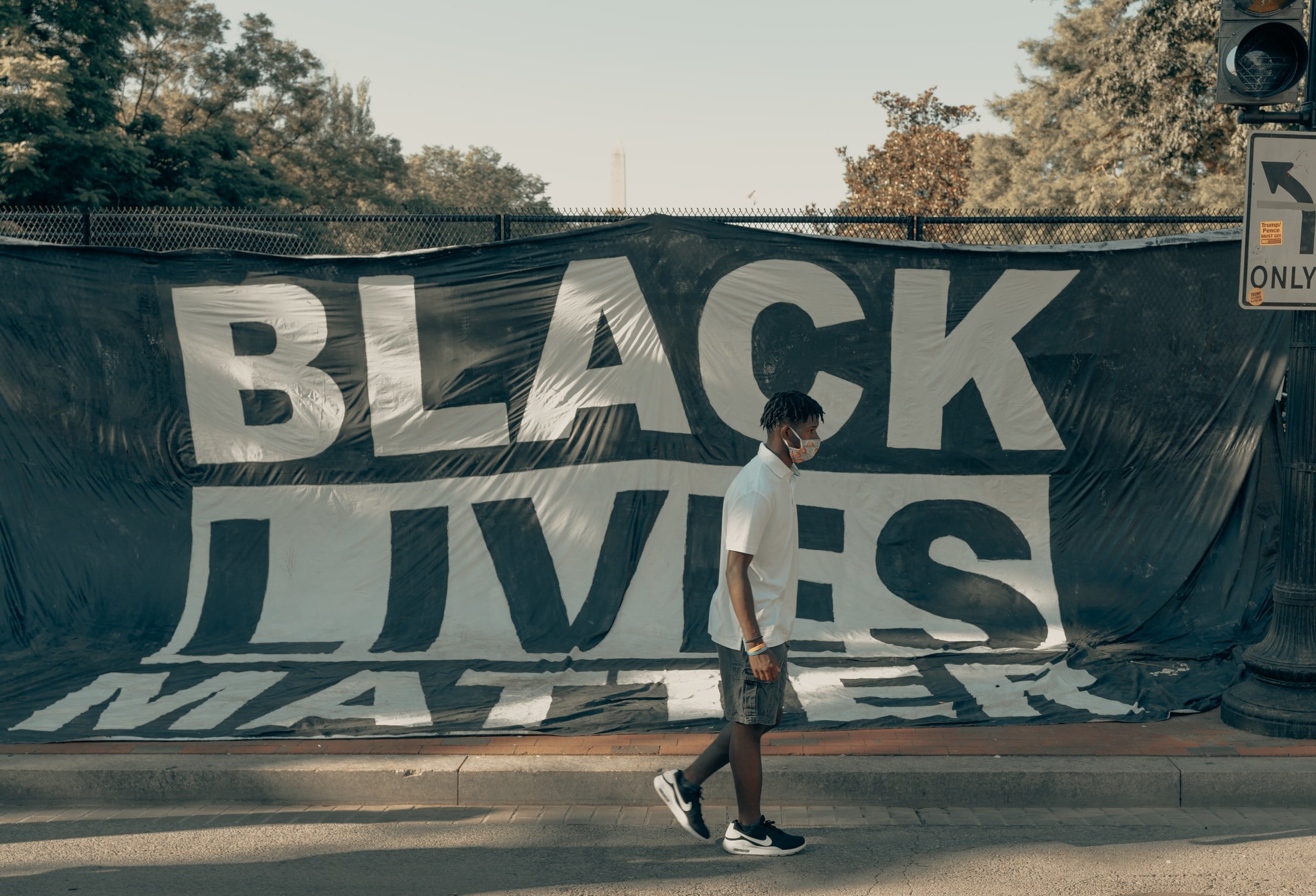COVID-19 news
Disinformation about the coronavirus and vaccines has pervaded social media … the lies are an assault on our people and it threatens to destroy us,”
~ Thomas A. LaVeist, Ph.D. is dean of the School of Public Health and Tropical Medicine at Tulane University in New Orleans, Louisiana
African Americans have a long history of mistrusting medical professionals and such mistrust stems from a well-documented history of the medical industry--and those within that profession—dehumanizing Black people and using Black peoples’ bodies for experimentation without consent. One of the most famous instances is the 1932 Tuskegee Syphilis Study in which the U.S. Public Health Service studied Black men living with syphilis and refused to provide them with a known cure for the disease (which resulted in avoidable deaths).
Even prior to the Tuskegee study, however, enslaved people were treated as property and frequently disrespected—their dead bodies often taken from cemeteries and used for medical experimentation with no consent from their families and with no concern over the egregious ethical violations of stealing corpses. Enslaved Black women were particularly objectified. For instance, three enslaved Black women—Anarcha, Betsey, and Lucy (along with other, unknown enslaved women)—were subjected to experiments and surgeries without anesthesia by J. Marion Sims (the “‘father of modern gynecology’”).
Fast forward to recent times with respect to COVID-19: many Black people remain guarded about the vaccine rollout but those reservations aren’t necessarily due to—or solely based from—concerns over medical malpractice that could occur (e.g., like J. Marion Sims or what happened during the Tuskegee study). Over the last several years, researchers have found an increase in the amount of misinformation being spread online, particularly via social media. Differentiating between what’s true, what’s half-true, and what’s completely false can be overwhelming. It doesn’t help that with regard to serious issues like COVID-19, too often, Black people are left out of important conservations with researchers and not as likely to be offered to participate in studies.
The medical industry cannot completely undo some of the harms and disparities it has created for Black women—and Black people as a whole—over the course of history and even over the last year. Rest assured, however, that there are people within the field who are committed to creating equity and providing individuals and communities with factual, up-to-date news that will ultimately improve people’s public health. We have compiled a list of trusted sources, below—from government agencies to esteemed medical educational institutions—that we believe are the most reliable source of information for you to use on COVID-19 and its ongoing updates.


